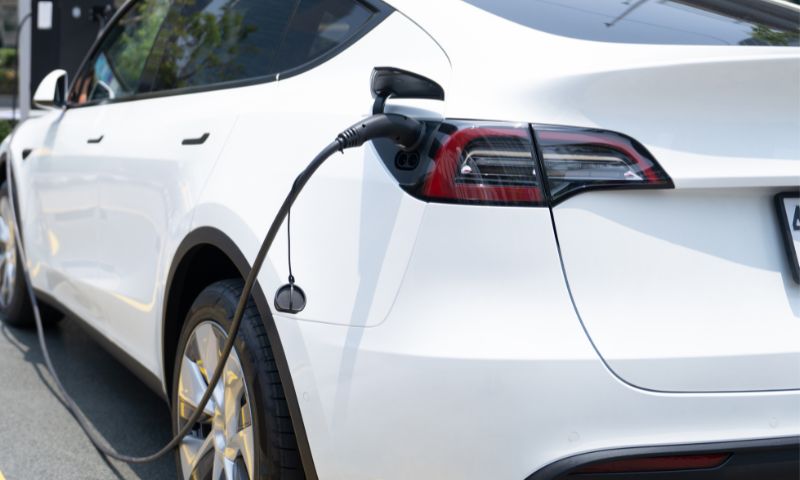The Differences Between Gas and Electric-Powered Cars

Gas and electric-powered cars have benefits and disadvantages to consider. Here are the differences between gas and electric-powered vehicles to help you pick the best vehicle for you.
Gas-Powered Vehicle Pros
One significant advantage of gas-powered cars is their reliability and effortlessness to operate. Internal combustion engines have existed for nearly a century, so their engineering is impeccable. They are easy to operate, refuel, and have impeccable driving ranges for long-distance travel.
Over time, gas-powered vehicle designs have become more complex, offering remarkable power and efficiency. Additionally, you can find new vehicles at affordable prices without forking over tens of thousands of dollars. However, it’s important to know the downsides of gas-powered cars.
Gas-Powered Vehicle Cons
One difference between electric- and gas-powered cars is that gas-operated cars release carbon emissions that negatively impact the environment. Many states in the US have adopted the ZEV Program, which mandates higher sales of electric-powered cars. These states include California, Vermont, Massachusetts, and New Jersey, resulting in gas-powered cars potentially becoming obsolete. Because many car manufacturers are developing electric cars, they are pushing gas-powered cars out of the spotlight.
Electric-Powered Car Pros
Electric-powered vehicles come with many benefits. Firstly, they don’t require drivers to change their driving habits, making it a seamless transition from gas-powered to electric. Furthermore, electric vehicles (EVs) don’t harm the environment thanks to their limited carbon emissions. They also require less maintenance than gas cars because they are battery-operated.
Many EVs have state-of-the-art features that are intriguing. As a first-time Tesla owner, you can use the energy app for range estimation and perform destination sharing from your phone. You can also customize your electric vehicle’s settings to match your preferences for a better driving experience.
Electric-Powered Car Cons
While many electric vehicle manufacturers are attempting to increase the range of EVs, they don’t hold up against gas-powered vehicles. Many electric car models can go around 60–120 miles per charge. To compare, gas-powered cars get an average of 300 miles with a full tank. Electric vehicles also require more time to charge than a gas car needs at the pump. Level 1 or 2 chargers can take up to eight hours to fill an EV battery, while fast charging stations take 30 minutes to get an 80 percent charge.
Electric-powered cars can be expensive, but these high costs result from innovative, state-of-the-art technology. Many electric vehicles last 8–10 years with warranties! So, investing in an electric car as your next vehicle is a big consideration.
Would you like to receive similar articles by email?





